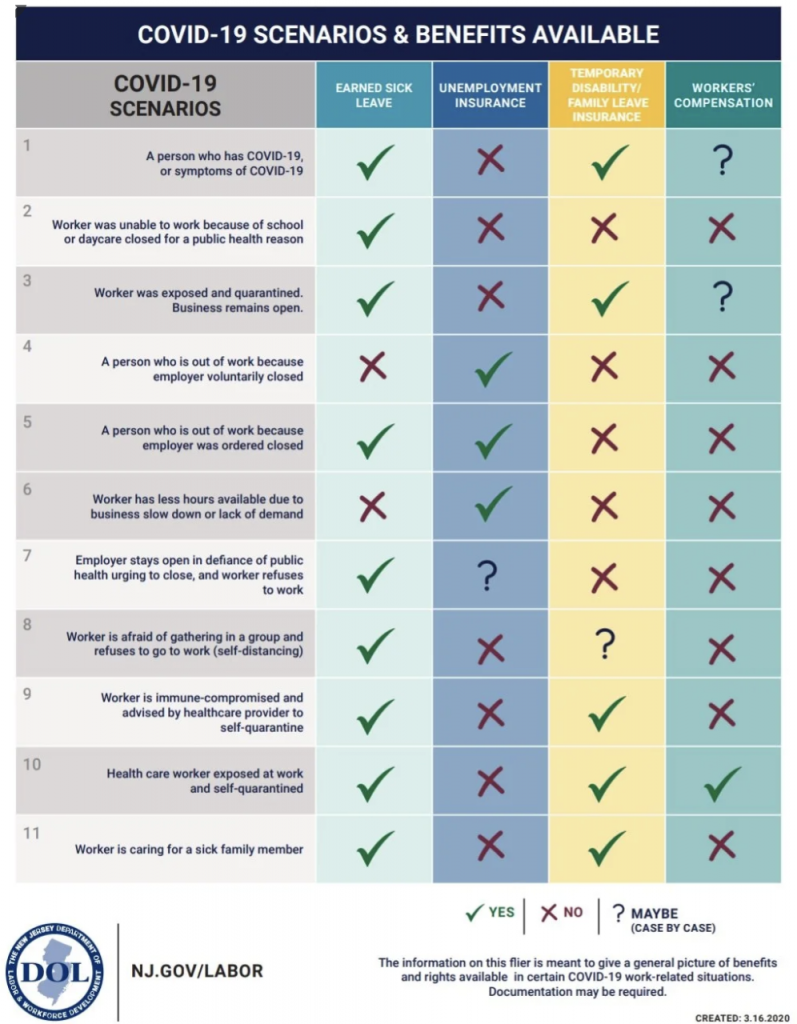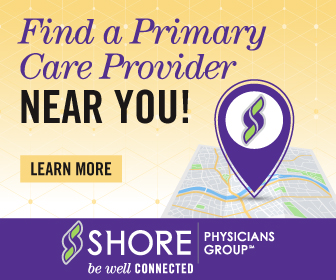“Start Each Day With A Positive Thought And A Grateful Heart” – Roy Bennett


It is normal to experience a variety of emotions during a crisis. Whether it’s sadness, stress, confusion, fear, or anger, contact your friends, family, and others you trust to have a dialogue.
As our governments (local, state, and federal) work diligently on protecting the people of the United States, it is evident that each one of us will be affected in many ways. Some of us are now “home schooling” our children, have experienced an increase in spending on food or everyday living essentials, or have been asked to not come to work.
Since your kids will be in the house for at least two weeks, please check the following links to keep them entertained, engaged, and educated all-in-one!
- 33 National Park virtual tours: https://tinyurl.com/qmwbs6y
- Online storytelling: https://www.facebook.com/StorylineOnline/
- 12 Virtual Museum Tours: https://tinyurl.com/r6uftzy
While you and your children will be snacking and cooking meals during this period of isolation in the house, we recommend visiting https://foodbanksj.org/ for an up-to-date listing of local food banks in case you run short on supplies. (Click “Find a food pantry near you”, then “Search a location” and enter zip code).
There is help for Atlantic City Electric customers through the Helping Hands Grant. This is a once a year grant. If you have not already received the grant, you can download the packet from: https://welcome.pfpfoundation.org/wp-content/uploads/2020/03/Helping-Hands-application-2020.pdf
Please complete the applications, gather the necessary information, and fax to 856-579-7568 or scan and email to clopezpfpf@gmail.com We also recommend the following to help you through this outbreak:
- A healthy diet means a healthy mind. If you must stay at home, practice a healthy lifestyle consisting of proper diet, sleep, exercise, and maintaining social contact with family and friends even if electronically. Spend quality time with loved ones at home or contact distant family and friends by email or phone.
- Refrain from the use of smoking, alcohol, or other drugs to cope with your emotions. If you begin to feel overwhelmed, talk to a health worker or counselor. Have a plan on where to go and how to seek help for physical and mental health needs if required.
- Get the facts. Gather information that will help you accurately determine your risk so that you can take reasonable precautions. Find a credible source you can trust such as the World Health Organization website or a local or state public health agency.
- Limit worry and agitation by lessening the time you and your family spend watching or listening to media coverage that you perceive as upsetting.
- Draw on skills you have used in the past that have helped you to manage previous life adversities and use those same skills to help you manage your emotions during the challenging time of this COVID-19 outbreak.


